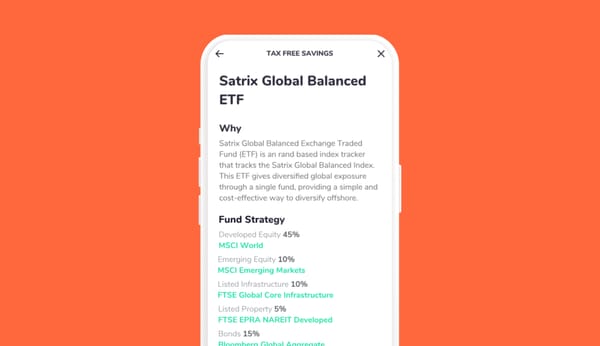You know you're in a debt trap when all of your income is spent on necessities and paying back your loans. For the full explanation of a debt trap you can read this article. Like all traps they are tricky to get out of so it is best to avoid them altogether. That's why this article is about common debt traps and how to avoid them.
Debt Trap #1: Credit Cards
Credit cards are a double-edged sword, they can be very helpful when you need cash, but if you don’t manage your accounts wisely, credit cards can make your financial situation a lot worse. I learnt this lesson the hard way. Here’s how you can make sure you don’t get cut:
- Avoid late payment fees by making sure you monthly payment is not even one day late.
- Know your limit and never exceed it to prevent further charges.
- Most companies charge 2-4% for cash withdrawals from your credit card.
- Avoid credit cards with high annual fees and high interest rates - some accounts start at 9% and can rise to as much as 30% per year.
- As a rule of thumb, avoid “Rewards” programmes that you have to pay for. If it’s free—take it! If not—stay away!
Debt Trap #2: Overdraft Facility
Although having an overdraft facility on your debit card may give you peace of mind knowing that you won’t be caught without cash at the supermarket, it can be an expensive form of debt.
- Some banks charge an overdraft fee every time the facility is accessed or charge you just to have the facility in place.
- Know how long you have to clear your overdraft - it can be anywhere from 15 to 30 days. You will likely be charged a late fee if you’re even 1 day late. Some banks even charge a daily fee until you have repaid the overdraft amount.
Debt Trap #3: Mortgage Refinancing
When interest rates are low, it’s tempting to refinance your home. After all, your monthly payments will go down or you can get some extra cash, right? Not necessarily.
- Only people with the best credit qualify for the lowest rates.
- Even if you qualify for a low rate, there are still costs and other considerations, such bond origination fees and other closing costs.
- Your house is not an ATM machine! The purpose of a 20-year mortgage is to have it paid off when you retire, to reduce your expenses when your income decreases.
Debt Trap #4: Payday Loans
These loans are some of the most expensive debt in the market with annual interest rates as high as 600%, despite the typical loan period being only a few months.
- Try and avoid payday loans, but if you do take one out make sure you pay it off in the first month and don’t let it roll-over into a second loan.
Debt Trap #5: Car Loans
These loans are secured by your car, if you default on your payment the lender can take your car.
- Read the terms of the loan agreement so you know what the consequences are of late or non-payment
- Balloon payments may look enticing and allow you to buy a car you wouldn't otherwise be able to afford but they just delay the pain, avoid this at all costs!
Debt Trap #6: Pawnshop Loans
These are usually small, short-term loans intended to be quick fixes for those in a financial bind. The terms are 1 - 4 months and secured by some piece of property, despite only getting half of the item’s resale value.
- Interest rates can vary from 2 - 25% per month and can be negotiated.
- If you don’t settle the loan by the agreed date, your property will be sold and you would have lost not only the amount you already repaid but your property as well.
Debt Trap #7: Lay-by or Rent-to-own
These companies allow you to buy appliances, furniture, and even computers, through a weekly rental payment plan.
- The total amount you end up paying for the appliance can be as much as 5 times as much as the normal price.
- If you miss a payment, the store will take the merchandise back, no matter how much you’ve already paid for it.
Let’s Recap…
In this article, we’ve discussed some common debt traps. And although these debt facilities can help you when you’re experiencing financial problems, they can also make your problems worse. So to ensure you don’t get caught out -
- Pay off your credit cards every month and carefully read the agreement so you can avoid any hidden costs
- Overdrafts are never free so make sure you repay your overdraft amount immediately to minimize fees.
- Mortgage refinancing doesn’t make sense for everyone, so think carefully about the long term impact before you do so.
- Steer clear from high-interest loans such as payday loans, pawnshop loans and lay-by or renting-to-own - rather save up for a big purchase.







![How & Why You Should Do a Financial Reset [+ downloadable financial reset journal]](/blog/content/images/size/w600/2024/12/Setting-goals-for-the-year.png)


